The Climate Council’s recent report Feeding a Hungry Nation: Climate Change, Food and Farming in Australia, highlighted the fact that farmers and farming communities are at the frontline of climate change impacts. The global dimension of this issue is front and centre at the Paris climate talks.
José Graziano da Silva, the Director General of the UN’s Food and Agriculture Organisation (FAO) was clear when speaking at a special event on agriculture in Paris – food is a basic human right and this right is violated everyday as 800 million people go hungry. Climate change is already challenging the world’s capacity to feed itself, and this challenge will only increase – by 2050, the world will need to feed an estimated 9 billion people, and 10.5 billion by the end of the century. At the same time, reducing greenhouse gas emissions from the agriculture and land use sector (about 24% of total) is critical for stabilising the climate.
Many important themes relating to agriculture and food security have emerged so far in the summit – here’s just some of them:
The problem is now
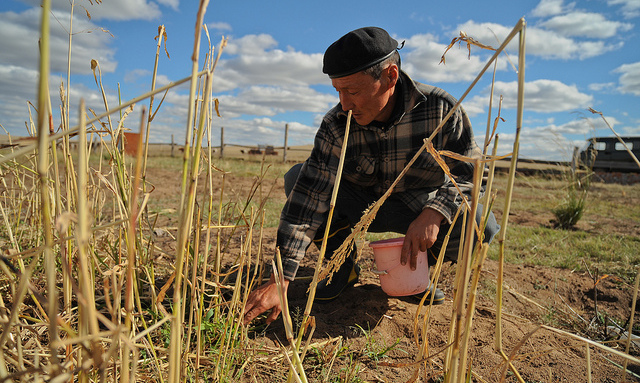
Farmers all over the world are already suffering the impacts of climate change. This is particularly the case in developing nations where many farming enterprises are small scale and subsistence.
In Latin America, coffee production has already been affected by extreme rains, extreme heat, and increased incidence of pests and diseases, especially coffee rust. Banana, cocoa and sugar cane crops have suffered from intense droughts, high temperatures, and abrupt changes in humidity. In Africa, severe drought has occurred – in Kenya, for example, there was virtually no rain from December 2014 to April 2015. Similar problems have occurred in Cambodia – one farmer spoke about the need to now dig bores 35-60m deep to obtain water, when once these bores only needed to be dug 5m. The head of the French farmers organisation spoke about sowing rates now occurring a month earlier than in the 1970s.
Food loss and waste
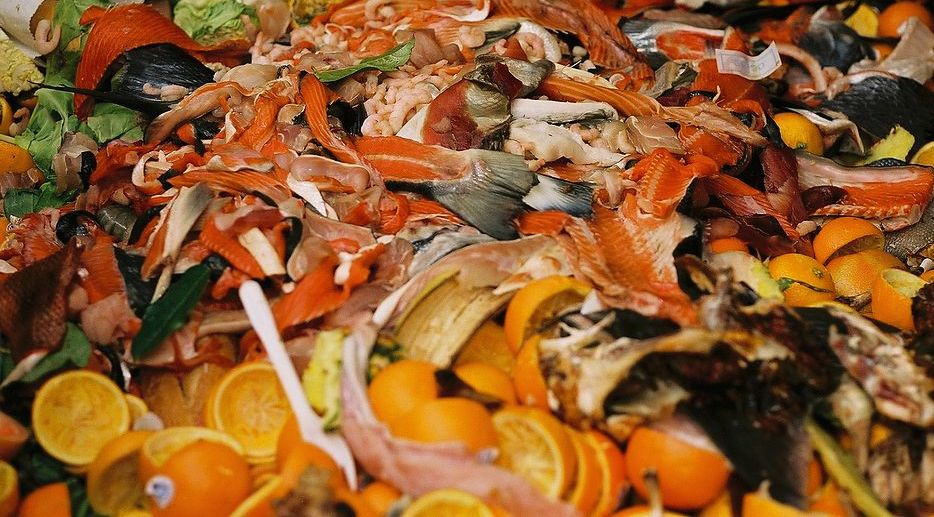
Dr Craig Hanson, Director of Agriculture, Forestry and Water for the World Resources Institute, noted that 1.3 billion tonnes of food is lost or wasted between farm and fork – 30% of global production. 4.4 Giga tonnes of CO2 equivalent greenhouse gases (GHGs) are associated with this waste, that is, about 8% of GHGs globally.
Role of soil carbon
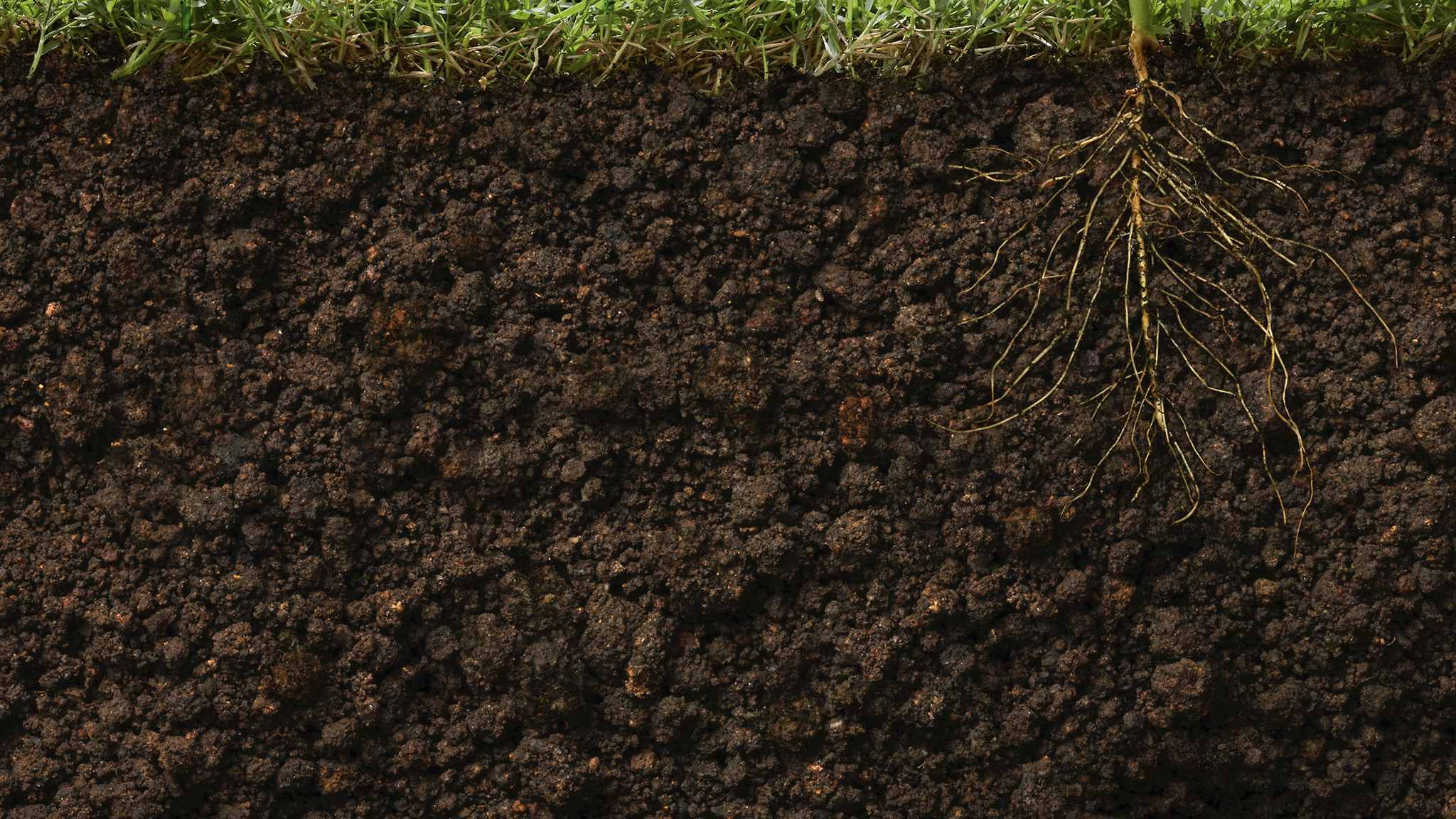
Soils hold about 2 to 3 times more carbon than the atmosphere. Increasing the amount of carbon stored in soils can improve productivity as well as reducing emissions. To tackle the issue, a new initiative by the French government, the 4/1000 program, aims to fund programs for improving soil carbon. Hundreds of partners have signed up, including Australia.
Urban migration
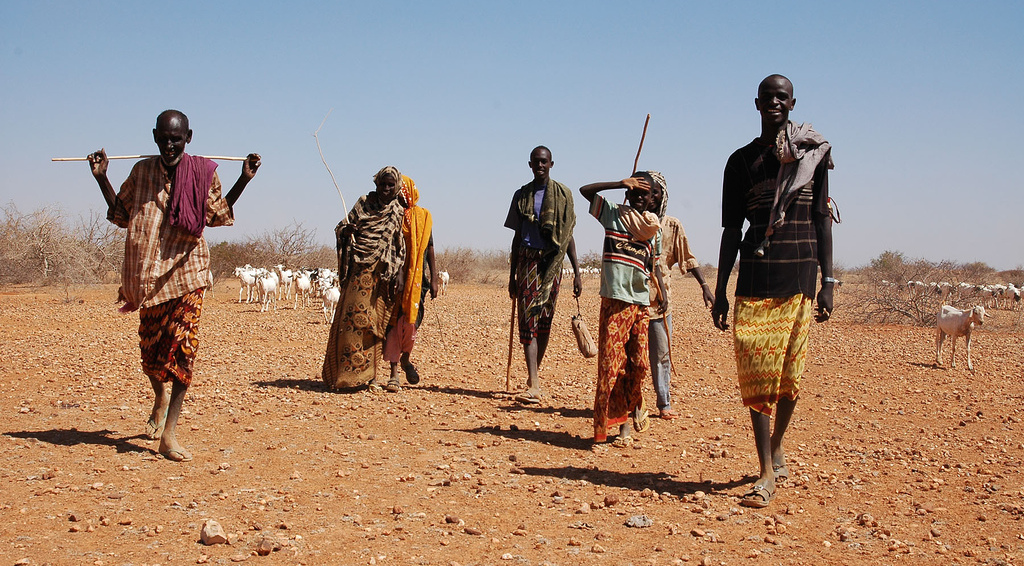
The increasing challenges faced by farmers to produce food are forcing some of them to seek alternative livelihoods. Migration is an extreme form of adaptation where people leave their lands, communities and cultures. The displacement of people can have cascading social effects, both on the communities they leave, and the communities they enter.
Ready to be part of the solution
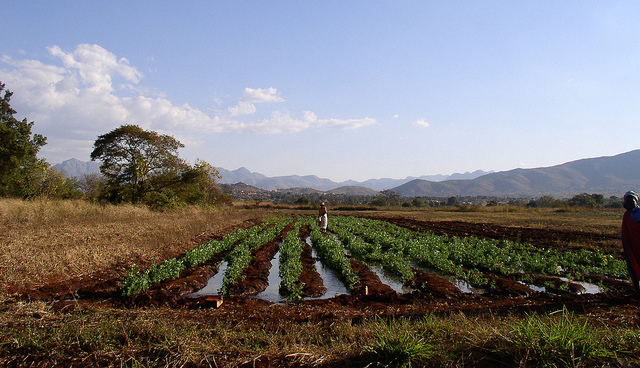
Farmers around the globe are ready and willing to play a role in combating climate change impacts. Agriculture is a dynamic and constantly evolving industry, and as such many that work in it are innovative, adaptive, and have a great passion to look after their land, livelihoods, and communities. There’s great potential for agriculture to play a larger role in renewable energy production, carbon sequestration, landscape restoration and biodiversity conservation.
Where to next?
It’s considered very significant that of the 160 countries that submitted emission reduction pledges to the Paris summit (known as Intended Nationally Determined Contributions, or INDCs), 80% included agriculture in either reduction targets or specific actions, and 64% noted the importance of adaptation in agriculture. This momentum will likely accelerate – the organisers of the next climate summit, to occur in Marrakech, Morocco, in 2016, have already confirmed an ongoing focus on feeding the world.
Image credits:
- Flickr user Asian Development Bank licensed under CC BY-NC-ND 2.0
- Flickr user sporkist licensed under CC BY 2.0
- 4 Pour 1000
- Flickr user Andrew Heavens licensed under CC BY-NC-ND 2.0
- Flickr user IFPRI licensed under CC BY-NC-ND 2.0